Environment
-
 Science & Society
Science & SocietyThe most important stories of 2015
From Pluto to gene editing, the year saw a number of notable research discoveries, advances and insights.
By Janet Raloff -
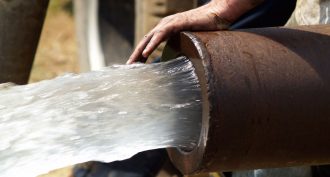 Environment
EnvironmentWater: Getting the salt out
A new water-cleansing technology passes electricity through a flow of salty water. This will generate a zone of fresh water that can then be collected.
By Sid Perkins -
 Tech
TechEngineers consider liquid salt to generate power
A new type of power plant, a molten salt reactor, might provide electricity in a cleaner and safer way than current nuclear technology.
-
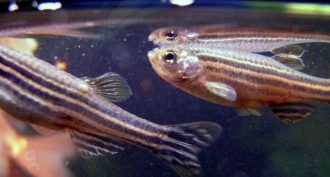 Chemistry
ChemistrySome 3-D printing can leave toxic taint
The ”ink” inside some 3-D printers can leave toxic traces. In tests, these chemicals harmed baby fish. But lighting could render the parts safer.
-
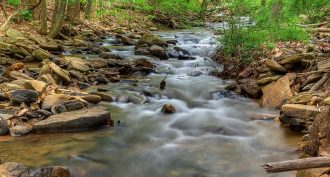 Genetics
GeneticsTaking attendance with eDNA
Environmental DNA, or eDNA, tells biologists what species are in an area — even when they’re out of sight.
-
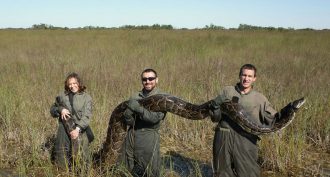 Environment
EnvironmentWildlife forensics turns to eDNA
Environmental DNA, or eDNA, tells biologists what species have been around — even when they’re out of sight or have temporarily moved on.
-
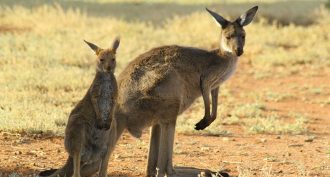 Animals
AnimalsKangaroo farts: Not so ‘green’ after all?
Scientists had thought that kangaroo farts were environmentally friendly because they had little methane. That may not always be true.
-
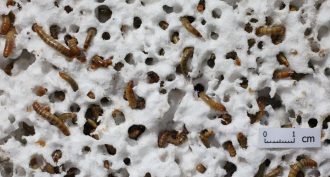 Environment
EnvironmentMealworms chow down on plastic
Gut bacteria in mealworms break down polystyrene. Feeding plastic to the worms, or the germs they carry, could be a way to get rid of these wastes.
-
 Environment
EnvironmentStuffy classrooms may lower test scores
New research links fresh air in classrooms to test scores. Elementary-school students in stuffy classrooms, it found, may perform worse on standardized tests.
-
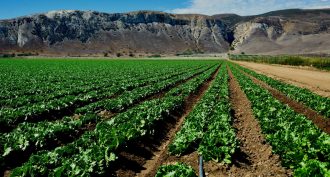 Agriculture
Agriculture‘Wildlife-free’ farms don’t make salads safer
Scientists find that removing wildlife from farms did not make raw vegetables safer to eat.
-
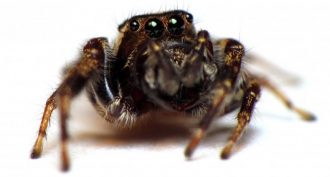 Environment
EnvironmentInsecticide can change a spider’s personality
A chemical meant to kill moths affects the behavior of some spiders. It alters the spiders’ ability to capture prey — including those moths.
-
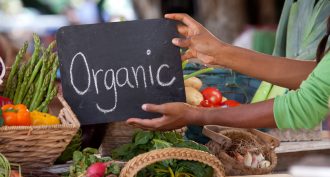 Agriculture
AgricultureOrganic food starts to prove its worth
Organic food often comes with a higher price. But research is showing that food grown this way can be better for the environment — and possibly for us.